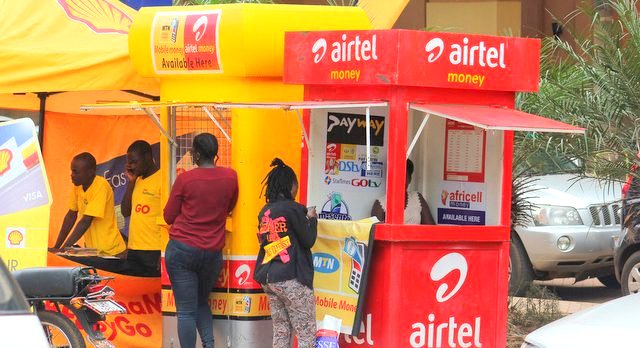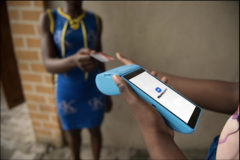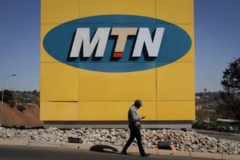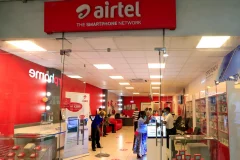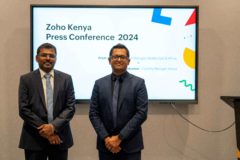Telecom giants MTN and Airtel, on Friday said they have received approval in principle from the Central Bank of Nigeria (CBN) to operate payment service banks (PSBs) in the country.
“This is the first step in the process towards a final approval, subject to the fulfilment of certain conditions as stipulated by the CBN,” MTN Nigeria said in a statement.
According to Airtel, final approval from the CBN is subject to the Group satisfying certain standard conditions within six months.
The breakthrough comes three years after the CBN initially said it would allow non-financial companies to apply for mobile banking licenses – either as PSBs or Mobile Money Operators (MMOs).
Under the guidelines, mobile network operators are allowed to provide financial services to millions of unbanked Nigerians. However, they can do so only as PSBs and through a subsidiary separate from their core operations. Thus, MTN and Airtel will be providing PSB services via their respective subsidiaries, MoMo and Smartcash.
While they’re similar to typical banks, the scope of PSB license is strictly to deepen financial inclusion among Nigeria’s large unbanked population and the regulator forbids them from engaging in credit risk and foreign exchange operations.
As of the end of 2020, up to 38 million Nigerian adults, translating to about 36% of the total adult population in the country, were financially excluded.
PSBs accept deposits from individuals and small businesses, offer payment and remittance services, issue debit & prepaid card, operate electronic purse, and other activities prescribed by the CBN.
“We will now work closely with the Central Bank to meet all its conditions to receive the operating licence and commence operations,” Airtel Africa CEO, Segun Ogunsanya said. “The final operating licence will enable us to reach the millions of Nigerians that do not have access to traditional financial services.”
Prior to the latest development, the regulator had given the green light to only two of the four biggest telecom operators in Nigeria, Glo and 9mobile, both domestic players.
Meanwhile, MTN and Airtel, both of which boast successful mobile financial services operations in several African countries, had seen their request to get PSB licences unheeded by Nigeria’s central bank.
Financial inclusion for Nigeria’s 200 million people has been a much-touted priority of Muhammadu Buhari’s administration.
Despite the lack of PSB licences, significant strides have been made in extending financial services to unbanked Nigerians by fintech startups, including OPay, TeamApt, and Paga, through their agent networks and mobile payments infrastructure.
Commercial banks such as Access and First Bank have also largely leveraged the agency banking model as a distribution channel to reach Nigerians in the remotest parts of the country, in place of the costly branch system. As of last December, Access Bank and FirstBank had around 59,000 and 100,000 agents respectively.
But telecoms companies are even more positioned to deepen mobile money services due to their subscriber numbers, available infrastructure, and broader agent networks, which outnumber those of banks and fintechs. MTN and Airtel agents can be seen selling recharge cards in nearly every corner of the country.
The entry of both telecom giants means increased rivalry in an already competitive agency banking landscape, a development that bodes well for the government’s goal of bringing millions more Nigerians into the financial system.







